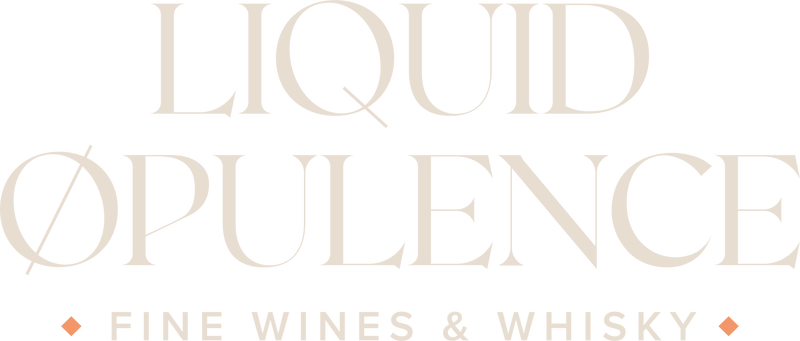Aultmore
- Speyside
Founded: 1897
Owned by: Bacardi
Production Quantity: 2.1 million litres per annum
Alexander Edward, The founder established both the Benrinnes and Craigellachie distilleries alongside Aultmore. The 12-year-old and 18-year-old are considered to be the best ages for this whisky and they were released in 2004. The distillery was purchased in 1998 by Bacardi and is the smallest malt distillery under the Dewars label. John Dewars & Sons is a subsidiary of the drinks company Bacardi.


